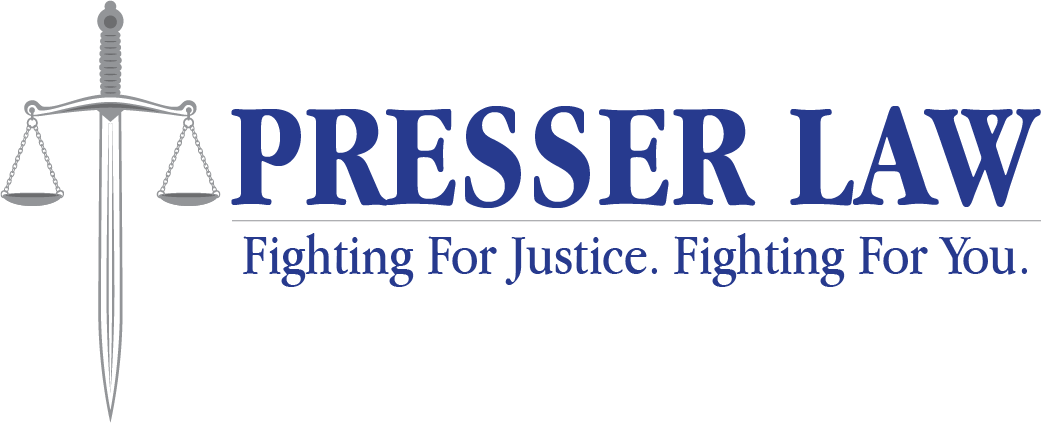
Florida maintains a very broad constitutional right to privacy. This right to privacy extends to medical records. However, this does not mean they will remain private forever.
Injury Victims & Their Medical Records
When injury victims file a lawsuit for injuries caused by another person, their health becomes a central issue to the case. This allows the at-fault party to engage in discovery of an injury victims’ relevant medical history both before and after the incident. These medical records become central to any trial where causation of the injury is disputed such as herniated discs, spinal injuries, torn ligaments, or other non-obvious injuries. Requests for medical records discovery can be through direct records production requests of the injury victim or by subpoena directly to medical providers.
Importance of Medical Records
Medical records discovery is typically a one-way street. While the at-fault party can obtain the health history of the injury victim, the injury victim cannot obtain the same information about the at-fault party. This is because the at-fault party does not typically place their health condition at issue in a case. However, there may be times when the health of an at-fault party is at issue and thus discoverable. One example includes a car accident or bicycle accident where the at-fault party claims they lost consciousness prior to the crash. In such a scenario, the health history of the at-fault party prior to the crash is placed at issue. Discovery may occur about the medical condition which caused the loss of consciousness and any medication that had been prescribed to prevent it. See Poston v. Wiggins, 112 So. 3d 783 (Fla. 1st DCA 2013).
Additional limitations exist regarding the medical discovery of either the injury victim or at-fault party. For instance, records requests must comply with Florida Rule of Civil Procedure 1.280 which provides that parties obtain discovery (including medical records) “reasonably calculated to lead to the discovery of admissible evidence.” As such, the records sought must be relevant to the conditions at issue. Medical records regarding an ankle surgery or acne treatment would likely have no relevancy to a claim for spinal or brain injury. Additionally, where personnel files are sought to evaluate relevant medical records, irrelevant records must be separated from the same.
However, applying these limitations is not automatic. Initial discovery requests or subpoenas may be overbroad. The party must object to the request and bring their objection before the court. The court will then make a ruling depending on the relevancy of the documents sought. The objecting party may also request an in-camera inspection for the court to review the records to be produced prior to being turned over. This allows the court to rule on the relevancy of each medical record and prevent irrelevant records from being disclosed.
GET YOUR FREE CAR ACCIDENT, INJURY OR WRONGFUL DEATH CASE REVIEW WITH AN EXPERIENCED ATTORNEY TODAY
If you have been injured in a car accident or recently lost a loved on, contact Presser Law for a free case review with an attorney to determine your legal rights. For over 10 years, Justin Presser has represented car accident and injury victims throughout Central Florida in their times of need and he would be honored to help you as well.
Click For Free Case Review
About Injury and Wrongful Death Attorney Justin H. Presser
Justin H. Presser is an award-winning lawyer and founder of Presser Law, P.A. representing clients in the areas of personal injury, car accidents, motorcycle accidents, wrongful death and more. With an office located in Altamonte Springs, Florida, Presser Law, P.A., proudly services clients throughout Central Florida including the following areas: Orange County including Orlando, Ocoee, Doctor Phillips, Apopka, Winter Garden, Winter Park, Maitland, College Park, Thornton Park; Seminole County including Altamonte Springs, Longwood, Winter Springs, Lake Mary, Oviedo, Casselberry, Chuluota; Lake County including Clermont, Mount Dora, Eustis, Tavares, Leesburg, Sorrento; and Brevard County including Melbourne, Merritt Island, Cocoa Beach, Titusville, Palm Bay.
We are social:
Facebook | Instagram | YouTube | LinkedIn






